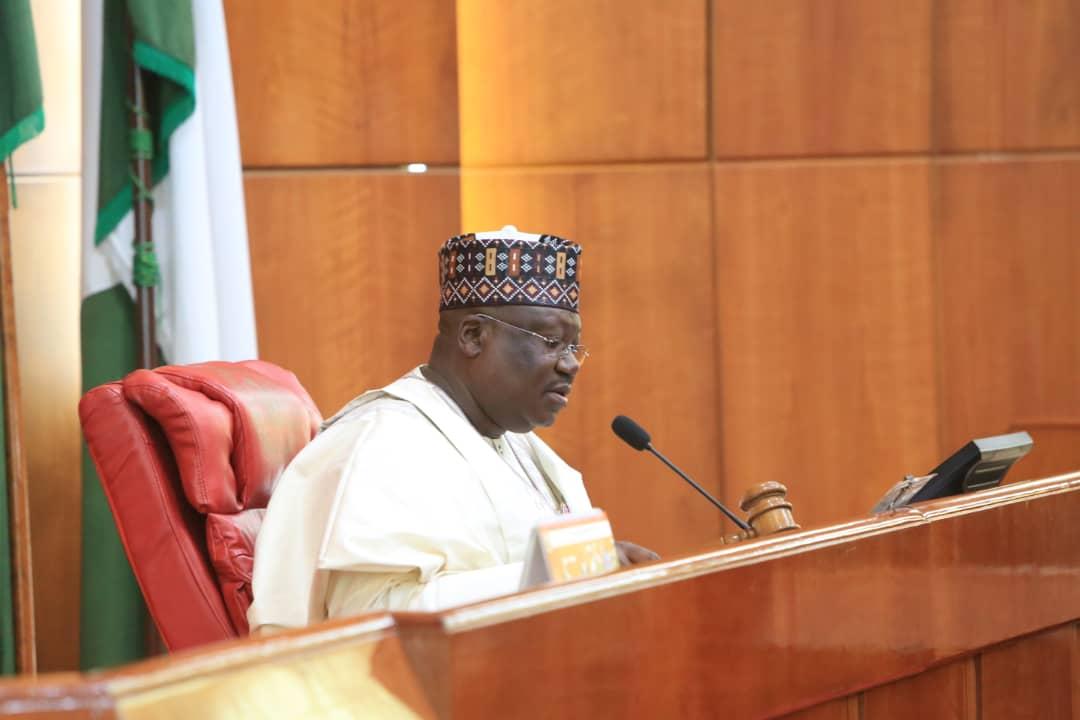A bill seeking to provide the Legal Framework to establish a Federal Medical Center (FMC) in Rigasa, Kaduna state on Tuesday scaled a Second Reading in the Senate.
The bill was sponsored by Senator Uba Sani representing Kaduna Central.
Also on Tuesday, the Senate passed for a second reading A Bill for an Act to provide for the establishment of Oil Palm Industrial Park and for matters connected therewith 2019.
In his lead debate on the bill on FMC, Sani said it was in response to the yearnings of his constituents in Rigasa area.
READ ALSO: http://Judiciary workers suspend 1-yr-old strike in Nasarawa
The residents of the area, he said watched helplessly on daily basis as women and children die due to lack of well equipped healthcare centers.
He said, “this move for the establishment of the Federal Medical Centre is therefore informed by the need to bridge the existing gap between primary, secondary and tertiary healthcare delivery in Kaduna State and Nigeria as a whole.
“The gap between primary, secondary and specialist healthcare in Nigeria is widening.
“There is no seamless transition from one to the other due to a number of factors that include accessibility to medical facilities, affordability of medicare, as well as inadequate medical personnel at primary and secondary healthcare levels”.
He said the Ahmadu Bello University Teaching Hospital (ABUTH) Zaria, the main tertiary healthcare institution in Kaduna State, is overpopulated and could no longer adequately meet the demands for specialist health care by the citizenry.
Senator Sani noted that the Ahmadu Bello University Teaching Hospital is already overstretched as it receives thousands of in and out patients monthly, with complex medical cases from the North of Nigeria being referred to it.
He said, “The Nigerian National Health Policy is very clear on the role of the different tiers of government in healthcare delivery.
“Primary healthcare is to be provided by Local Governments, secondary healthcare by State Governments and tertiary health care by the Federal Government.
READ ALSO: http://Ekiti to spend N2b to revamp ailing Ikun Dairy farm
“In making this policy operational, Federal Medical Centres (FMCs) fill vacuums created by either the non existence or inadequacy of a Federal University Teaching Hospital In a State”, he said.
A bill seeking to establish the Palm Oil Industrial Park was on Tuesday passed for second reading by the Senate.
Sponsor of the bill for the Oil Palm Industrial Park, Senator Michael Ama Nnachi (PDP, Ebonyi South) said the Park, if established, would among other things accelerate the development of farming communities across the country, and price support programme that would guarantee minimum price for palm oil and its allied products.
He said the Park would also provide employment generation through involvement of youths in the outreach and processing activities of the enterprises operating within the zones.
Leading the debate on the bill, Nnachi said the objective of the bill was to develop commercial agriculture, attract private sector palm oil processing companies, add value to palm oil value chain and reduce Nigeria’s dependency on palm oil importation.
He outlined the goals of the bill as reducing national dependency on food importation and assured national food security at low and stable prices.
According to him, “it will create wealth for rural and largely agricultural communities that depend on agriculture for a livelihood and create new sustainable jobs in agricultural production, processing and related activities.
“It will transform selected areas into highly developed Palm Oil Industrial Parks with trained personnel and efficient services to be available to investors.
“It will stimulate the repatriation of Nigeria’s capital by providing attractive climate and incentives for business activities in the Parks”.
He recalled that Nigeria was in the 1960s a net exporter of palm oil contributing up to 43 percent of the global production.
“Even though palm oil production has sluggishly increased to about 850,000 MT per annum, the gap between production and consumption is widening as consumption is growing more rapidly than production.
“Thus, the country has become a net importer of palm oil in the last 10 years. Nigeria is importing an ever increasing amount of palm oil to meet the yearning supply gap, which is currently about 300,000 MT per annum.”
The establishment of the Park, he said would improve the efficiency of processing technology leading to higher yields and greater production.


